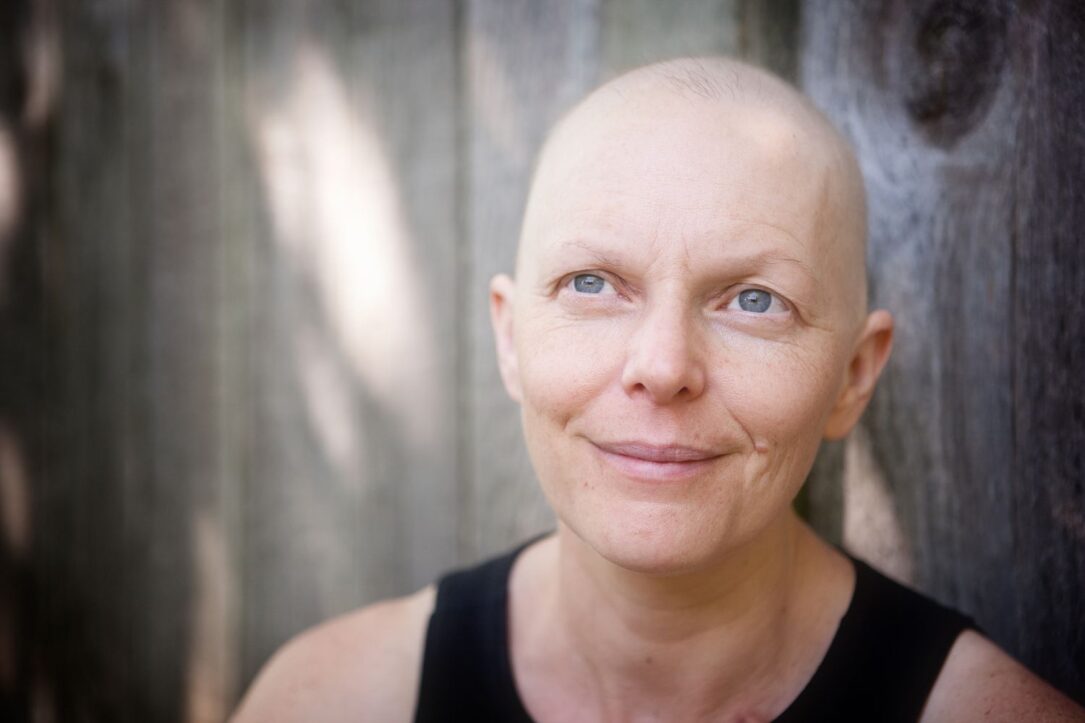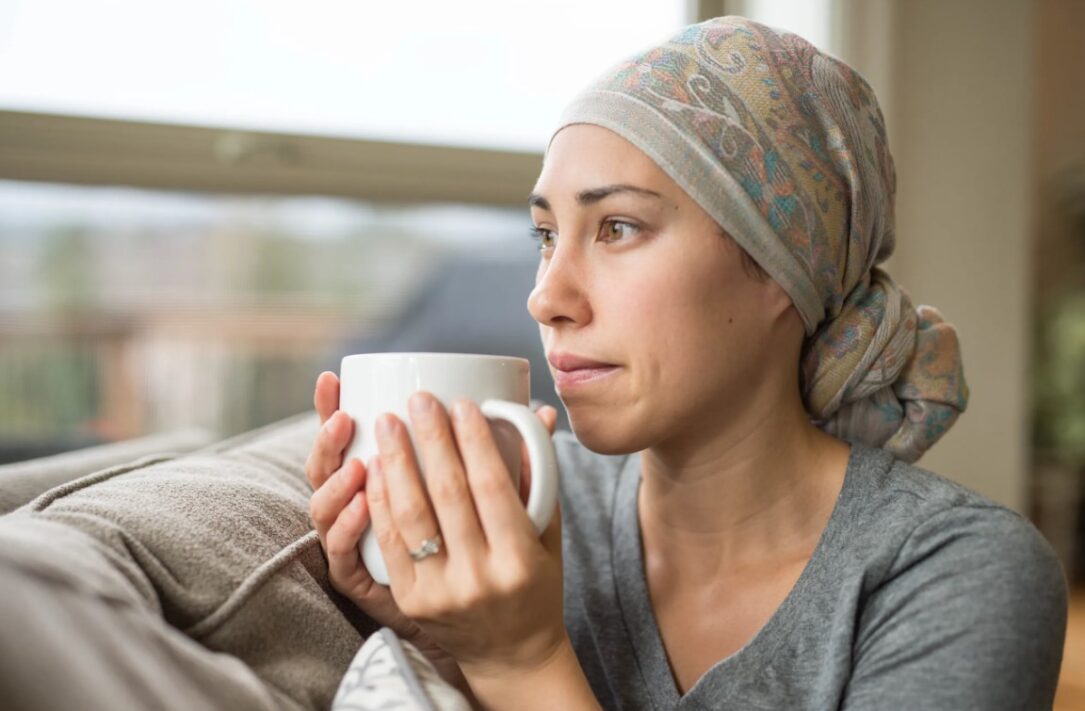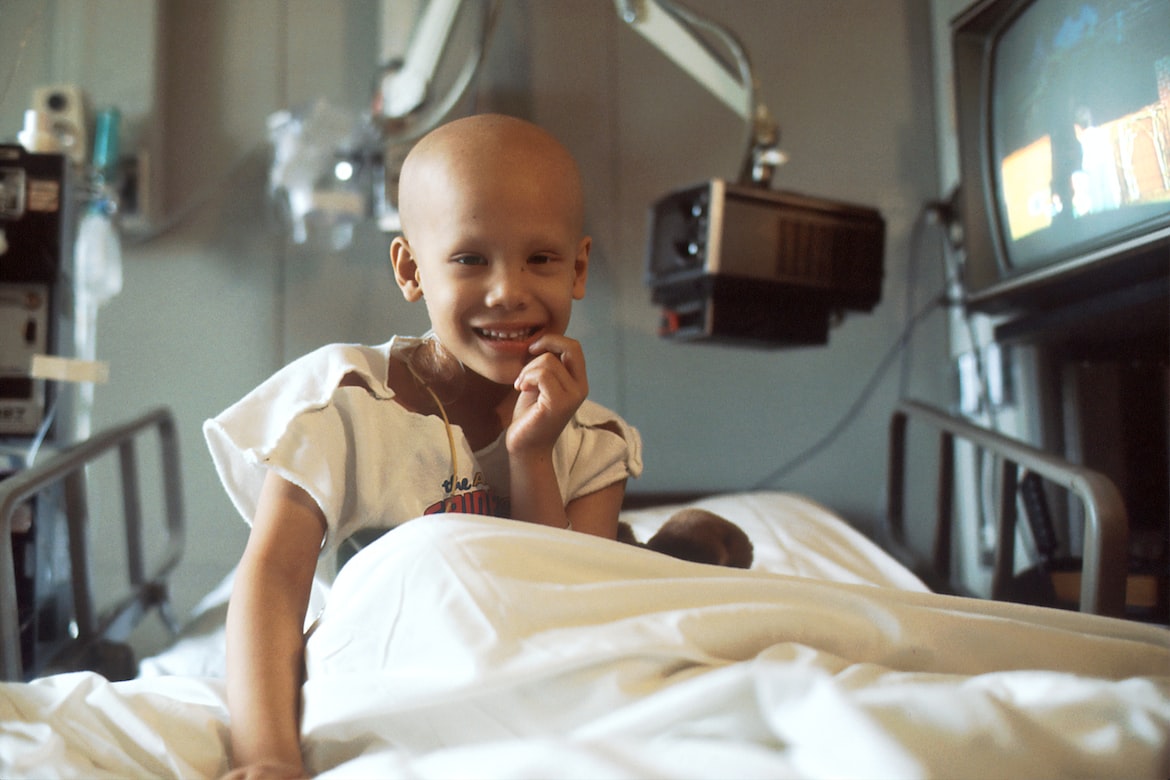Cancer is no longer a killer disease, as several medical innovations have significantly improved the long-term prognosis. A report from the American Cancer Society states that the cancer death rate in the US has dropped 33% since 1991.
Less smoking, early diagnosis, and advances in treatment are the key reasons for the decrease in mortality.
Chemotherapy has emerged as one of the pioneering treatment options. According to statistics, 25% of cancer patients receive this treatment each year in the US. It has an excellent success rate for many types of cancer, with better survival rates and quality of life for patients.
The only concern is that it has side effects, like other cancer treatments.
As a patient, you must weigh the risks and benefits of a treatment regimen before opting for it. The comfort level of chemotherapy is also about being aware of the potential side effects and having a strategy to deal with them. Nonetheless, the therapy can be a lifesaver despite its side effects.
Why Are Side Effects An Integral Part of Chemotherapy?
Chemotherapy targets active cells, both healthy and cancerous, that grow and divide as a part of the cell cycle. Cancer cells grow faster than their healthy counterparts, helping chemotherapy to attack them. However, some healthy cells, such as cells in the blood, hair follicles, and digestive system, also get damaged in the process. It results in side effects during the treatment.
At times, specific chemo medications cause side effects beyond the common ones like hair loss and nausea. Taxotere, the breast cancer chemotherapy drug, has been linked with eye injuries, vision problems, and permanent vision damage. The growing incidence of Taxotere eye injury lawsuit cases shows the gravity of these risks.
TorHoerman Law notes that the litigation has been in action against the drug manufacturer Sanofi Aventis since 2019. Although the drug has been in use for many years, the growing concern over vision-related side effects has made patients more aware of the potential risks.
Potential Side Effects of Chemotherapy

Source: verywellhealth.com
Chemotherapy may have a broad range of side effects, varying from person to person. The nature and severity of these adverse reactions depend on factors such as the drug/drug combination used, dosage, and individual tolerance. Here are a few common side effects you may expect:
Hair Loss
A survey conducted on breast cancer patients suggested that 99.9% of patients undergoing chemotherapy experience hair loss. The good thing is that 98% of them had scalp regrowth within three months of discontinuing treatment. Hair loss is traumatic for patients because it can affect their appearance and self-esteem. But it is a small price for saving your life.
Pain
Some chemotherapy patients may encounter pain such as headaches, stomach pain, muscle pain, and pain from nerve damage. The side effect can be addressed with pain-relieving medications, adjusting drug dosages, and blocking pain signals with nerve blocks or spinal treatments.
Digestive Issues
A recent chemo-gut study highlights the prevalence of digestive issues as a side effect of chemotherapy. The study showed persistent gastrointestinal (GI) symptoms such as bloating/pain (54.9%), constipation (53.6%), and diarrhea (50.5%) in people undergoing chemotherapy. Constipation, nausea, and vomiting are other common issues.
Blood Disorders
Chemotherapy affects the formation of new blood cells, leading to disorders such as low blood counts and anemia. You may experience symptoms such as dizziness, fatigue, and shortness of breath due to low levels of red blood cells. Similarly, a low white blood cell count elevates the risk of infections. The good thing is that the blood cell count usually normalizes after chemotherapy is complete.
Cognitive Issues
Some patients may encounter cognitive issues such as trouble thinking, concentrating, and remembering things. The phenomenon is referred to as chemo brain. Fortunately, it resolves on its own after chemotherapy ends.
Reproductive Problems
Reproductive problems are a more serious side effect of chemotherapy as the treatment can affect your fertility. If you want to plan a pregnancy after recovery, discuss your options for fertility preservation with your cancer care team. They may suggest solutions such as egg or sperm preservation before starting the treatment.
Chemotherapy can harm an unborn baby, specifically during the first trimester. Your provider will consider the risks and benefits of treatment during pregnancy.
Impact on Mental Health

Source: self.com
One Aspect That’s Often Overlooked when Discussing Chemotherapy’s Side Effects Is Its Impact on The Patient’s Mental Health. the Emotional Toll of A Cancer Diagnosis Combined with The Physical Changes from Treatment Can Lead to A Variety of Mental Health Issues.
Depression and anxiety are common among chemotherapy patients. The feeling of losing control over one’s body, coupled with concerns about the future, can be quite overwhelming. Regular sessions with a therapist or joining a support group can prove beneficial for many patients.
Communication with loved ones also plays a critical role in maintaining mental equilibrium. They can provide emotional support and understanding during this challenging period.
The stress of treatment combined with physical discomfort can disrupt normal sleep patterns. Over time, a lack of sleep can exacerbate other side effects, making them harder to manage. Doctors might recommend sleep aids, meditation, or other relaxation techniques to help patients get the rest they need.
Importance of Nutritional Support
Chemotherapy can have profound effects on one’s appetite and the body’s ability to process nutrients. As such, nutritional support becomes vital during treatment.
Loss of appetite is a widespread concern for chemotherapy patients. The treatment can alter the taste of foods or cause mouth sores, making eating unappealing or even painful. But maintaining proper nutrition is crucial for keeping up strength and helping the body repair itself.
Consulting with a nutritionist familiar with the needs of chemotherapy patients can help craft a diet that’s both palatable and nourishing.
Weight fluctuations, either loss or gain, can also be a side effect of chemotherapy. Some patients might lose weight because of nausea or a diminished appetite, while others might gain weight due to hormone changes or decreased activity levels.
Regular weight checks and adjustments to diet and activity can help manage these changes and ensure that the patient remains as healthy as possible during treatment.
Summing Up

Source: bswhealth.com
Although chemotherapy can be a savior for cancer patients, it comes with a fair share of side effects.
Knowing them beforehand prepares you better to deal with them in the long run. You can discuss your options with your provider and seek a tailored regimen to minimize the side effects and maximize the treatment outcome.


















